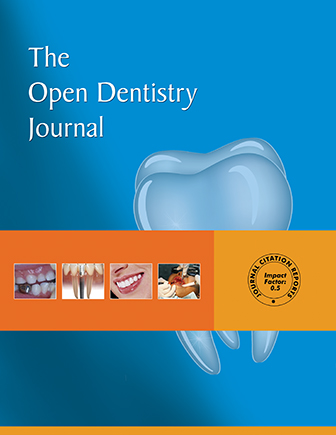Organizational Preventative Strategies Undertaken by Dental Clinics in Fiji during COVID-19 Pandemic: A Qualitative Study
Abstract
Aim:
This research aims to determine the organizational preventative strategies implemented by dental clinics in Fiji during the COVID-19 pandemic.
Methods:
This qualitative study was conducted amongst Dental Officers (Dos) and Dental Managers (DMs) who were working at government dental clinics, private dental clinics, and the School of Dentistry and Oral Health clinic (SDOH), in the Central Division, Fiji. A semi-structured open-ended questionnaire was used for data collection through in-depth interviews via zoom. A manual thematic analysis of the data was conducted.
Results:
Thirty Dos and 17 DMs participated in this study. 16 themes emerged from data analysis: Major Strategies implemented, Staff perception about strategies in place, Triaging and Screening, Hand hygiene, Waiting room changes, Operational Capacity, Universal precautions, Personal Protective Equipment (PPEs), Disinfection and decontamination protocols, Ventilation, Sterilization, Pre-procedural mouth rinse, Waste management, Vaccination status, Bubbles and Adaptation of Protocols. The Dos were generally satisfied with the strategies implemented by the DMs. The DMs along with other Dos had used various guidance documents to devise tailor-made ones suited for dental clinics in Fiji.
Conclusion:
Various strategies were adopted from several guidelines and tailor-made Standard Operating Procedures (SOPs) for each workplaces were developed by the various DMs. The majority of Dos were in favor of and satisfied with the protocols in place. Future research can be conducted in other divisions and include other health care professionals as well apart from just Dos and DMs.


